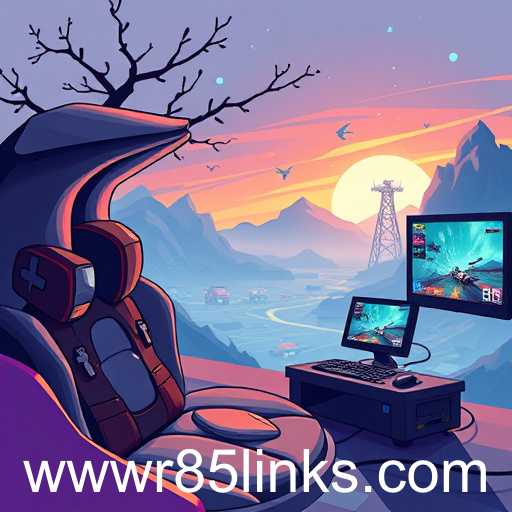In recent years, online gaming communities have significantly transformed the way we interact with video games. As of 2025, websites like "r85 link" have become central hubs for gamers looking to connect, compete, and collaborate. The influence of these platforms is undeniable, impacting not only player experiences but also the development and marketing strategies employed by game creators.
The "r85 link" platform exemplifies the integration of social interaction and gaming. By providing players with a space to share strategies, livestream content, and forge alliances, it has cultivated a vibrant community atmosphere that transcends geographical boundaries. This trend is reflected across the gaming industry, as developers increasingly prioritize community-driven features in their games.
This shift towards community-centric gaming is reshaping development priorities. Traditional single-player experiences are being enhanced with multiplayer components, ensuring that players have a reason to engage with others and stay invested over time. Game studios are tapping into these insights, utilizing player feedback from forums and social media to inform updates and new releases.
Moreover, the economic impact of these online communities should not be underestimated. With platforms like "r85 link" facilitating microtransactions, in-game purchases, and exclusive content access, they become lucrative avenues for revenue generation. As a result, both established publishers and indie developers are taking note, adapting their models to better align with this digital-first approach.
In essence, platforms like "r85 link" represent more than just gaming websites; they are dynamic social ecosystems that influence industry trends and player engagement. As we look to the future, the interplay between game development and community interaction will likely continue to evolve, driving further innovation and growth within the digital landscape.








